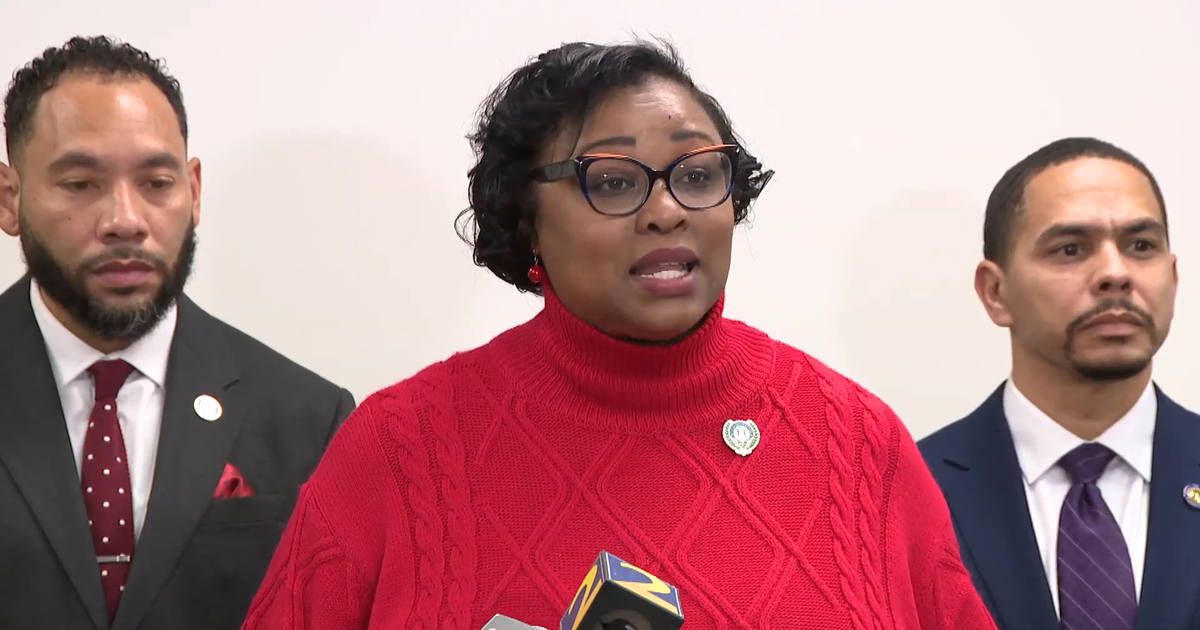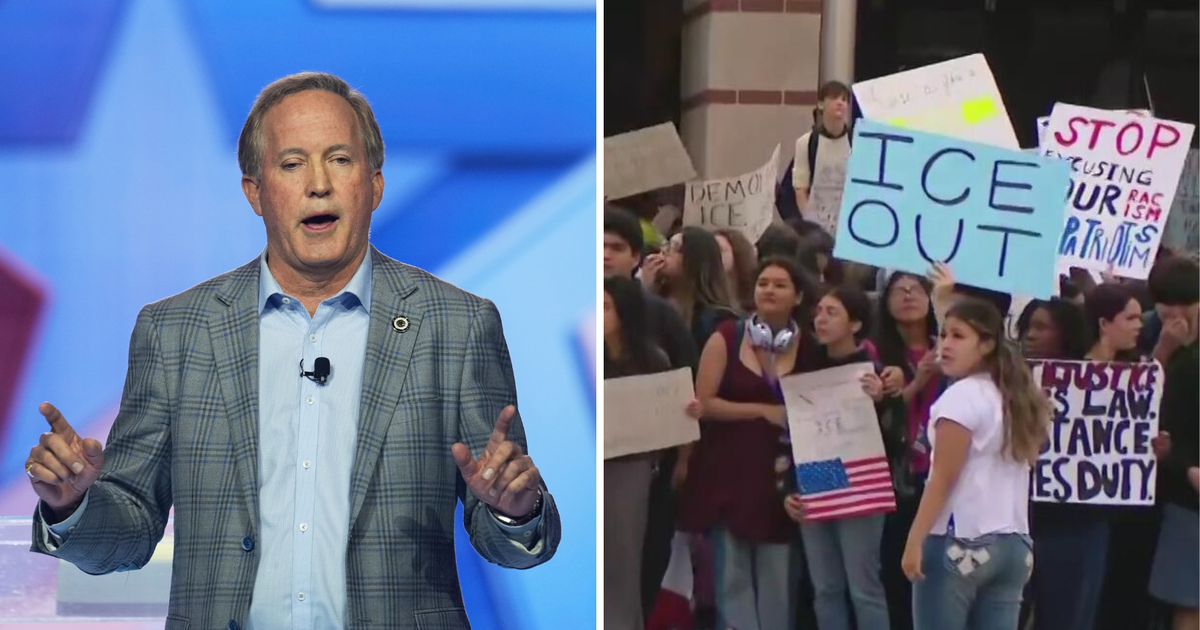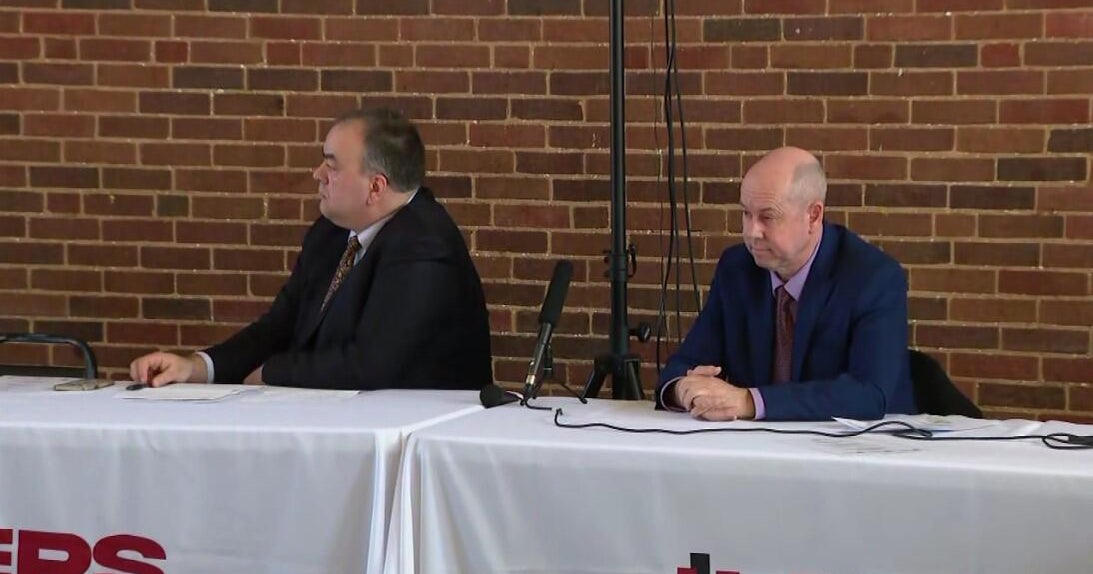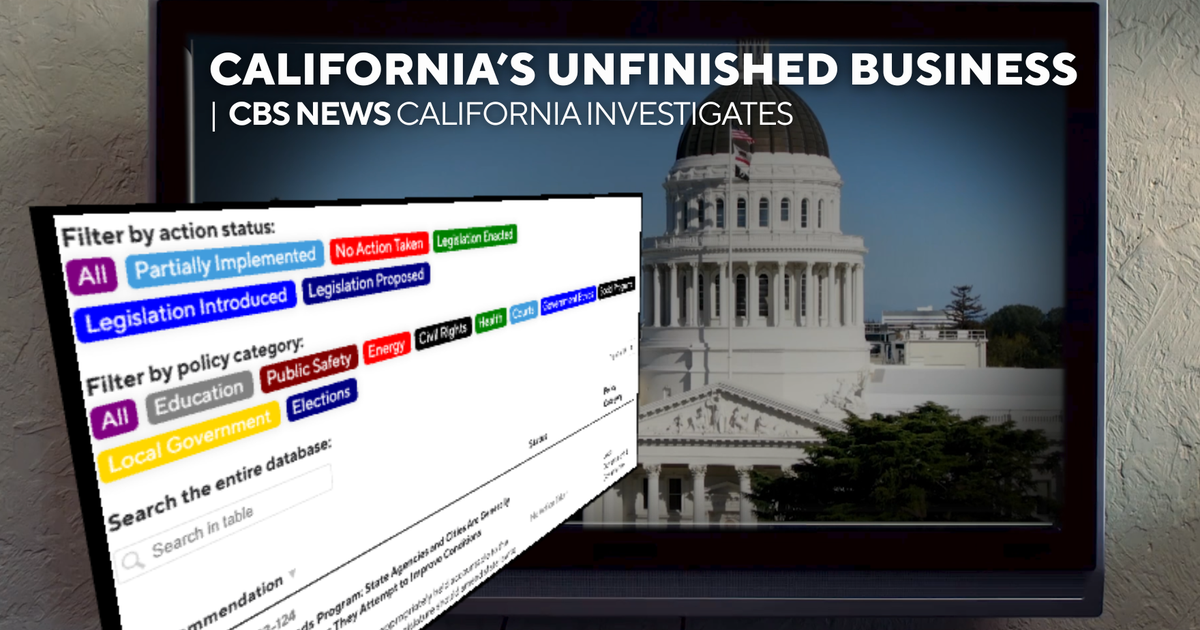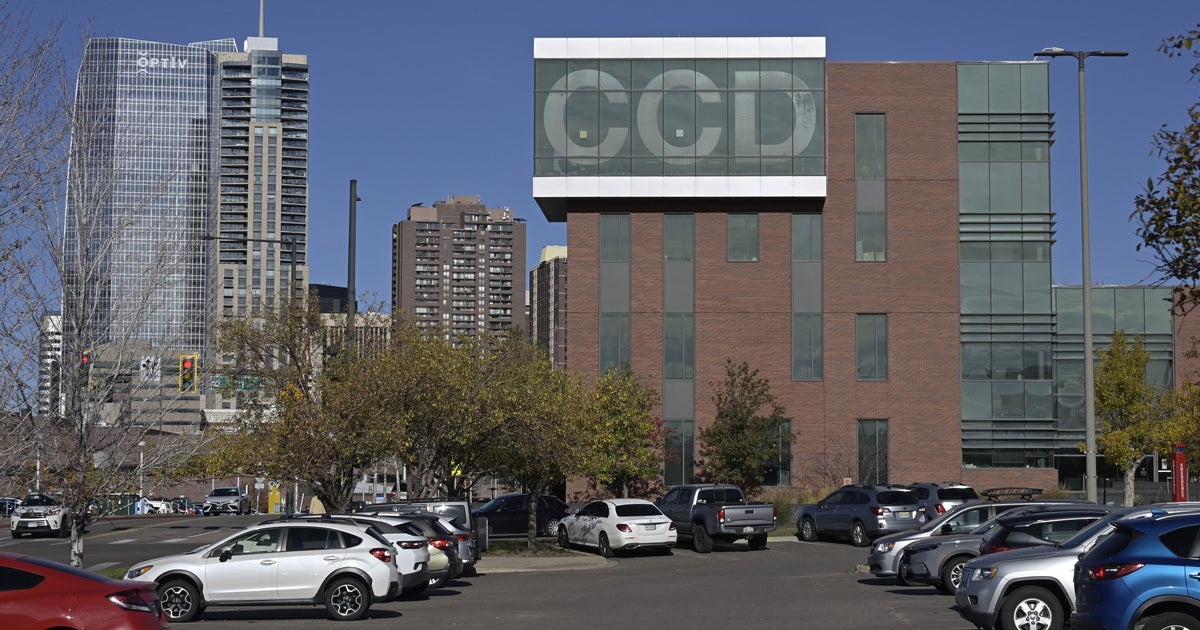New Texas tax regulations are taking effect in 2025. Here's how they may affect you.
DALLAS - Texas residents can expect significant changes to state tax regulations on New Year's Day.
Starting Jan. 1, 2025, changes driven by Senate Bill 2 aim to ease homeowners' property tax burdens and enhance school district funding.
Property tax savings for Texas homeowners
Sections of SB 2, or the "Property Tax Relief Act," are already in effect. However, starting in the New Year, there will be "circuit breaker" limits on how much the appraised value of non-homestead properties valued at $5 million or less can increase.
It also prohibits any reductions or repeals of homestead exemptions established during the 2022 tax year, protecting homeowners from significant tax increases.
In addition, the general homestead exemption for school taxes will increase from $40,000 to $100,000.
"Today, I am signing a law that will ensure more than $18 billion in property tax cuts-the largest property tax cut in Texas history," Abbott said in an August 2023 news release.
At the time, he noted that "Texas homestead exemptions will rise to $100,000, senior homeowners will be protected from being priced out of their home, the small business exemption for the Franchise Tax will double, and Texas small businesses will be protected from excessive appraisal increases."
Increased funding for schools
To compensate for the loss of tax revenue caused by restrictions on tax increases for elderly and disabled homeowners, SB 2 also allows school districts to request additional state funding if they encounter budget shortfalls, according to the Tax Foundation.
The Texas Education Agency will be required to publicly disclose each school district's maximum compressed levy rate, improving transparency around school funding.
Local sales and use tax changes across Texas
Effective Jan. 1, 2025, several local sales and use tax changes will take place across Texas.
A sales tax is a tax imposed on the sale of goods and services, collected by the seller at the point of sale. A use tax is a tax on the use, storage, or consumption of goods within a state when sales tax was not collected at the time of purchase. Both taxes serve to ensure that states collect the appropriate revenue regardless of how or where goods are purchased.
Some counties have raised their sales tax rates to support necessities like street maintenance and repairs, while others have eliminated certain additional taxes
In McCamey, in Upton County, and Woodsboro, in Refugio County, the city sales and use tax rates will increase by 2%, bringing the total rate to 8.25%. These adjustments are designated for street maintenance and repair.
Conversely, certain cities are abolishing their additional sales and use taxes for street maintenance and repair. Cumby, in Hopkins County, will reduce its local rate by 1.25%, resulting in a new total rate of 8%. Millsap, in Parker County, will decrease its local rate by 1%, leading to a total rate of 7.75%.
New special purpose districts (SPDs) are also implementing local sales and use taxes.
Ellis County Emergency Services District No. 2 will introduce a 2% tax, excluding the cities of Midlothian and Ovilla.
Additionally, Ellis County Emergency Services District No. 2-A will impose a 1.75% tax in areas overlapping the Ovilla Municipal Development District.
Similarly, Fort Bend County Emergency Services District No. 2 will establish a 2% tax, excluding the city of Katy and certain assistance districts, while Fort Bend County Emergency Services District No. 2-A will implement a 1% tax in specific overlapping areas.

